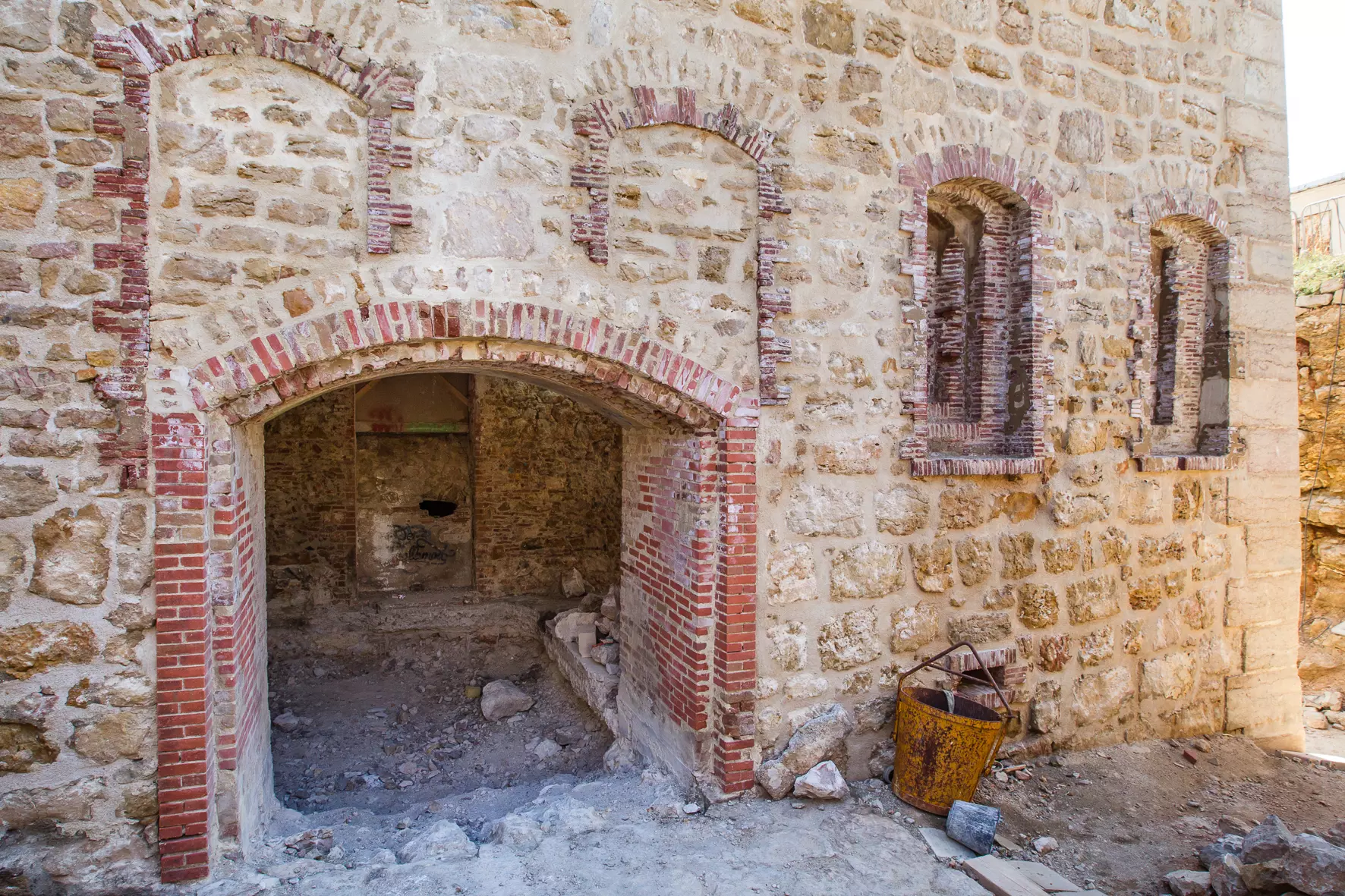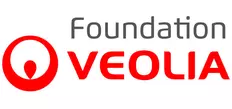
What is the economic model underpinning the hôpital Caroline restoration project?
The state covers a large proportion of back-to-work contract salaries. The owner of the building, the City of Marseille, pays a grant to Acta Vista for this back-to-work scheme. Marseille’s local councillors have always been keen on this type of “win-win” project. We train and support people who are out of touch with the job market while restoring buildings for which the city did not have a short-term investment project or particular use.
We also receive discretionary funding from the OPCA (joint commissions for collective training) because we employ people who are experiencing difficulties.
Corporate sponsorship is vital to the running and ethos of the project, as it enables links to be forged with the world of work. Our partner businesses, such as Veolia, can recruit our employees once they complete the back-to-work scheme. The Veolia project sponsor, Hervé Pernot, director of the Valsud treatment sector, is keen to foster links between the Veolia operational teams and Acta Vista. This could take the form of arranging workplace immersion courses so that our employees get to grips with Veolia’s lines of work. Another possibility would be Veolia employees acting as mentors for Acta Visa employees.

What does the future hold for this decade-long project? How will the site be used once restored?
We are in talks with our partners to find out which buildings will be restored between now and the end of 2018. As things stand, reinforcement work has been done on seven of the 12 hospital buildings and only one has been roofed: the Roze building, named after the Knight Nicolas Roze, who was stricken by the plague in the 18th century but was miraculously cured.
The restoration needs to be of the highest quality as the site is included on the Supplementary Register of Historic Monuments. In practice, this means that work is supervised by the DRAC (Regional Department of Cultural Affairs): a built heritage architect works in tandem with the trainer-technical supervisors to guarantee that the restoration respects best practice, where possible restoring the buildings to their original condition.
We are starting to work with Marseille Tourist Office to open up the site to visitors, which obviously means that the site must be completely safe.
The site’s owner, the City of Marseille, is planning to create a Cultural Centre on the site. Once a firm decision on restoration has been taken with the DRAC and the council departments, we will be able to discuss together how to run the site. Acta Vista partnered up with Groupe SOS in 2014 in order to replicate good practice and open up to new skills. Groupe SOS includes Scintillo, a cultural development organisation, which helps public and private sector players to create cultural projects conducive to local development. These structures could be a source of ideas when opening and running sites on which Acta Vista runs back-to-work schemes.

